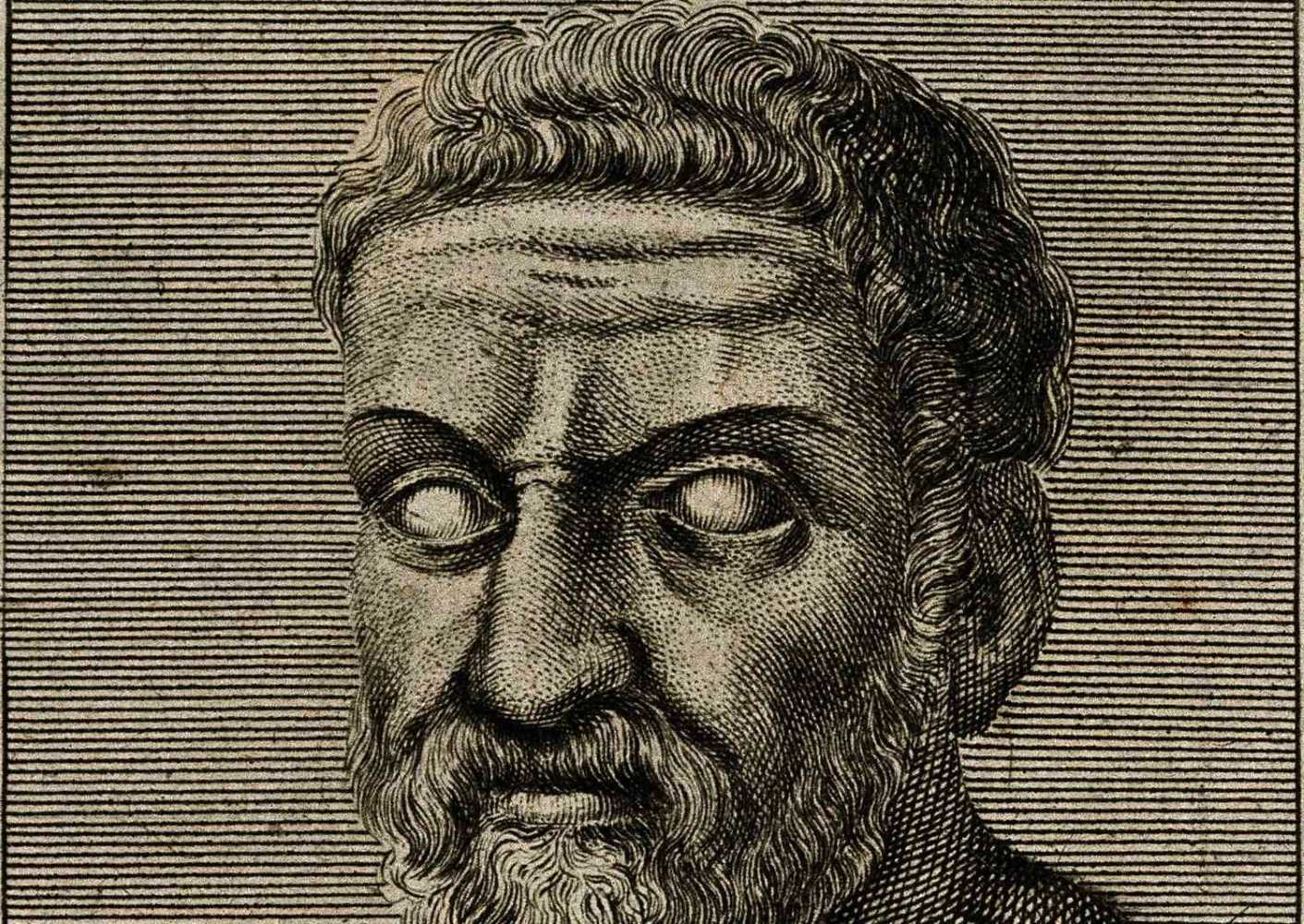
Ever wondered why May 28th sparks a buzz among math enthusiasts and history buffs alike? Well, it's all about celebrating Thales Day, a nod to the ancient Greek philosopher Thales of Miletus, known as the Father of Western Philosophy. Why is Thales Day significant, you might ask? It's not just a day to honor his contributions to mathematics and philosophy but also a time to reflect on the roots of scientific inquiry and critical thinking. Thales' legacy includes the famous theorem that bears his name and his pioneering work in geometry, making this day a cornerstone for those who revel in the blend of history and science. So, grab your compass and straightedge; let's delve into the fascinating world of Thales and discover why May 28th is marked with such reverence in the calendars of thinkers and dreamers around the globe.
Key Takeaways:
- Thales Day celebrates the ancient Greek philosopher Thales, known for his contributions to science, math, and philosophy. It's a day to inspire curiosity and critical thinking in these fields.
- Thales' legacy includes predicting a solar eclipse, introducing geometry to the Greeks, and promoting the idea that natural phenomena have natural explanations. Celebrate by engaging in educational activities and learning about his impact on modern science and mathematics.
What is Thales Day?
Celebrated on May 28th, Thales Day honors Thales of Miletus, a pre-Socratic Greek philosopher, mathematician, and astronomer who lived from 624/623 BC to about 548/545 BC. He is often credited with being the first individual in Western civilization to engage in scientific philosophy, particularly in mathematics and astronomy. Thales Day is not just a tribute to his contributions but also a day to inspire curiosity and critical thinking in fields such as science, philosophy, and mathematics.
Why Celebrate Thales?
-
Thales is recognized as one of the Seven Sages of Greece, a title given to him for his wisdom and contributions to early Greek thought. His work laid the groundwork for future philosophers, making his legacy invaluable.
-
He is famously known for predicting a solar eclipse, which is believed to have occurred on May 28, 585 BC. This prediction showcases his advanced understanding of astronomy and mathematics.
-
Thales believed that water is the fundamental substance of the universe, a theory that, while not accurate by modern standards, encouraged the development of scientific inquiry into the natural world.
Thales' Contributions to Mathematics
-
He introduced the concept of geometry to the Greeks, including theorems on triangles that are still taught in schools today. For instance, Thales' theorem states that any diameter of a circle divides it into two equal halves, creating a right angle.
-
His work in geometry also includes the discovery that the base angles of an isosceles triangle are equal, which is a fundamental principle in Euclidean geometry.
Thales and Philosophy
-
Thales is often cited as the first person to suggest that natural phenomena have natural explanations, moving away from mythological interpretations. This approach marks the beginning of scientific philosophy.
-
His philosophy also posited that the world is understandable and that everything can be explained through rational means. This was a revolutionary idea at the time and paved the way for future scientific endeavors.
How to Celebrate Thales Day
-
Engage in educational activities that promote critical thinking and inquiry, such as visiting a science museum or participating in a mathematics competition.
-
Read about ancient Greek philosophy and the contributions of Thales to better understand his impact on modern science and mathematics.
-
Encourage discussions about the importance of science and philosophy in understanding the world around us, highlighting how ancient thoughts still influence modern perspectives.
-
Host or participate in public lectures or seminars focusing on the history of science, aiming to spread knowledge about Thales and his contributions to various fields.
Celebrating Thales Day is not only about remembering a great philosopher but also about fostering a love for learning and curiosity. It's a day to appreciate how ancient wisdom continues to shape our understanding of the world.
A Final Nod to Thales Day
Celebrating Thales Day on May 28th isn't just about tipping our hats to a great thinker from the past. It's a day to ignite curiosity, inspire learning, and appreciate the roots of scientific inquiry and philosophy. Thales of Miletus showed us the importance of questioning the world around us, seeking answers, and not being afraid to think differently. His legacy teaches us that from simple observations can come profound insights that shape our understanding of the universe. So, let's keep that spirit alive by encouraging questions, fostering a love for learning, and remembering that sometimes, looking at the stars or pondering a problem can lead to discoveries that change the world. Here's to Thales, whose wisdom still lights the way for thinkers, dreamers, and learners everywhere.
Frequently Asked Questions
Was this page helpful?
Our commitment to delivering trustworthy and engaging content is at the heart of what we do. Each fact on our site is contributed by real users like you, bringing a wealth of diverse insights and information. To ensure the highest standards of accuracy and reliability, our dedicated editors meticulously review each submission. This process guarantees that the facts we share are not only fascinating but also credible. Trust in our commitment to quality and authenticity as you explore and learn with us.


